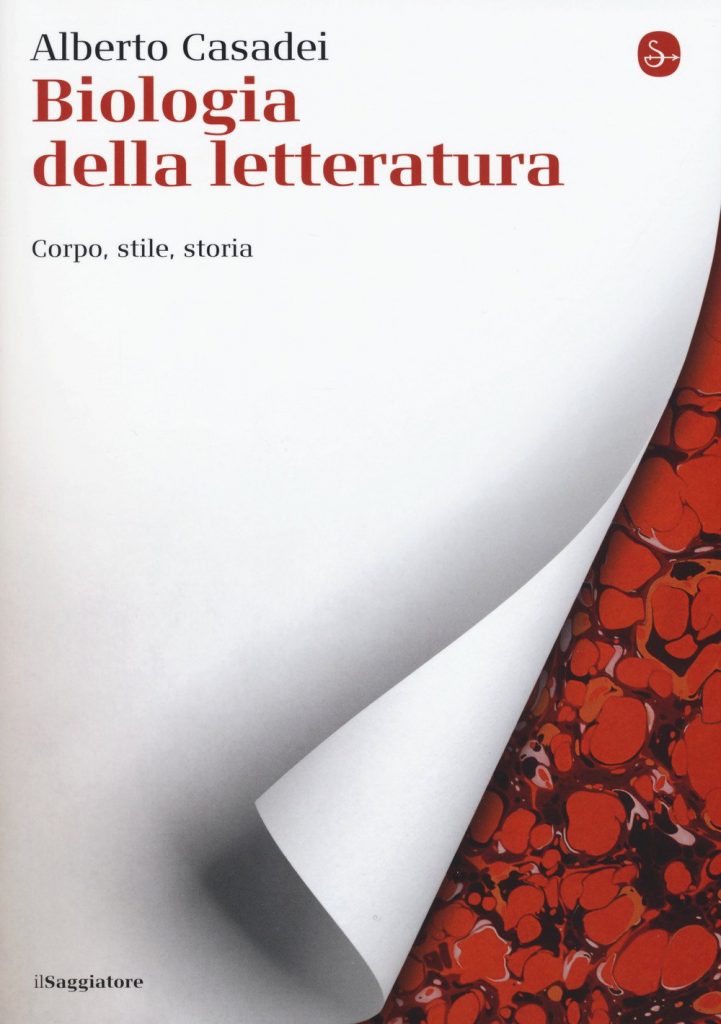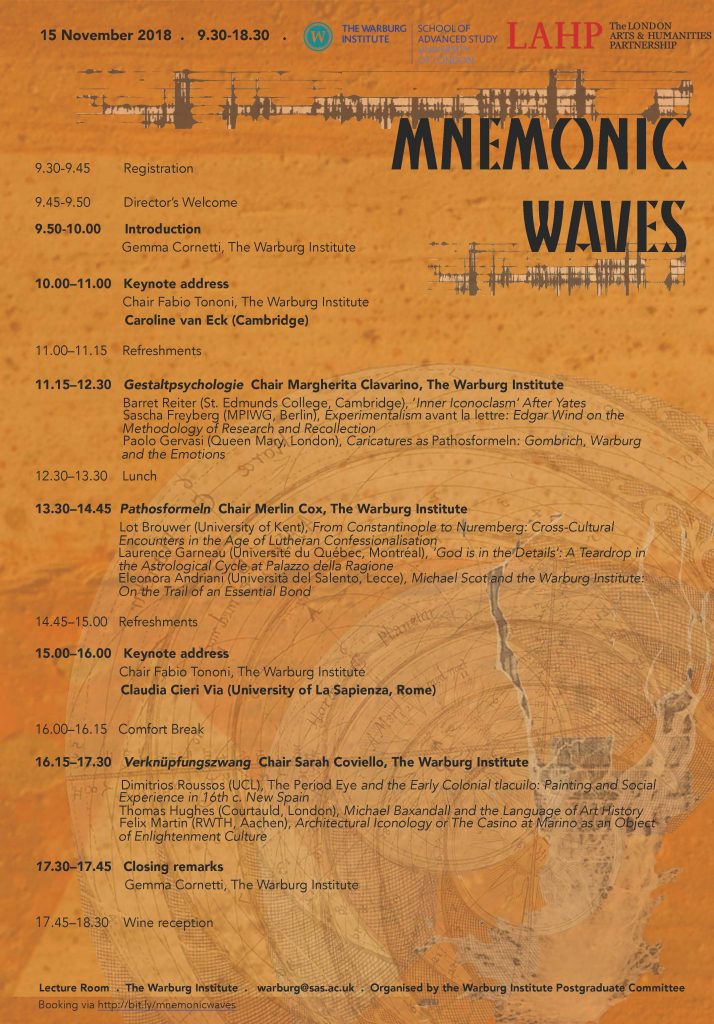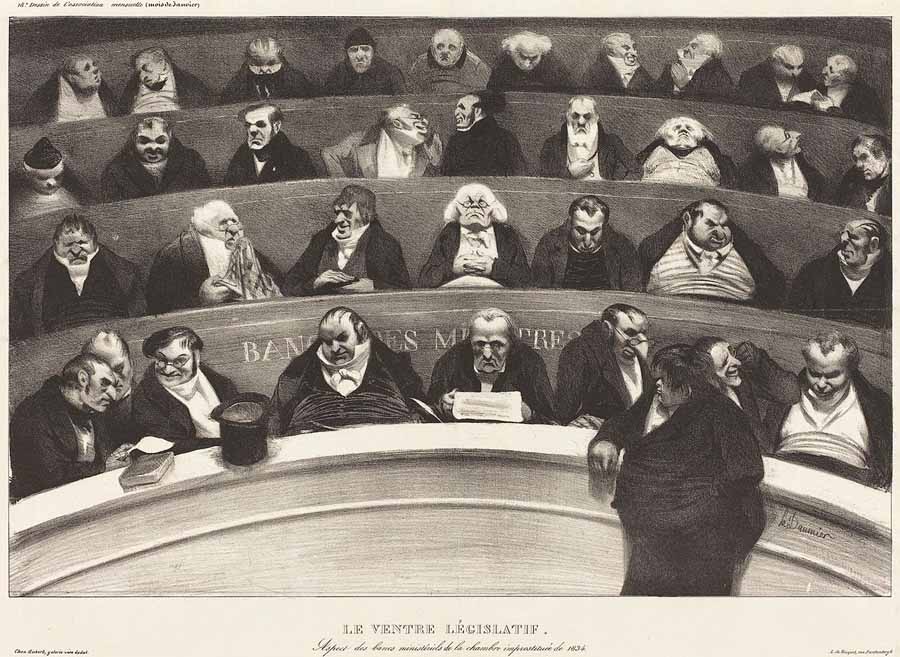I recently published in the issue 305 of the journal L’immaginazione a review of the book by Alberto Casadei Biologia della letteratura. Corpo, stile, storia. Here’s the text of the review.
“Siamo fatti della stessa materia di cui sono fatti i sogni”, sappiamo dalla sentenza che Shakespeare fa pronunciare a Prospero in The Tempest. Viviamo di proiezioni fantastiche, di immaginazioni consce e inconsce. Ma da dove viene, come nasce l’immaginazione? Perché è così importante per l’esistenza umana?
Alberto Casadei ha provato a capire com’è fatta e come funziona la materia dei sogni nel suo ultimo libro, Biologia della letteratura. Corpo, stile, storia (Il Saggiatore, 2018), ricorrendo alle ipotesi sulla mente umana formulate dagli studi neuroscientifici; selezionando, facendo interagire e mettendo a sistema diverse interpretazioni neurocognitive dell’arte e della letteratura.





